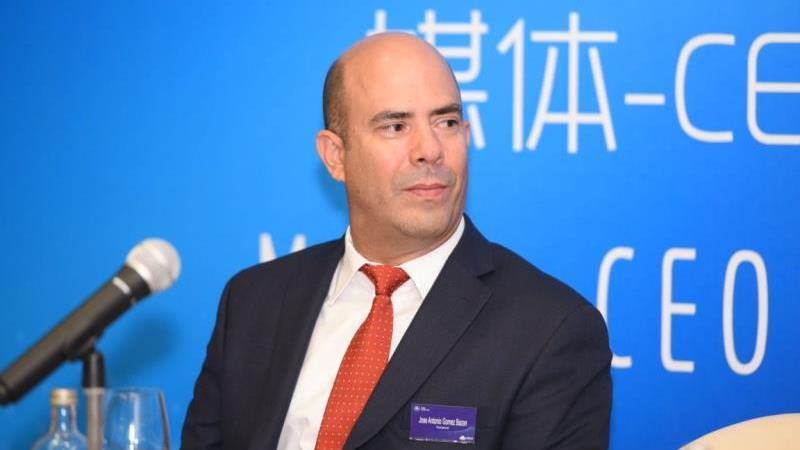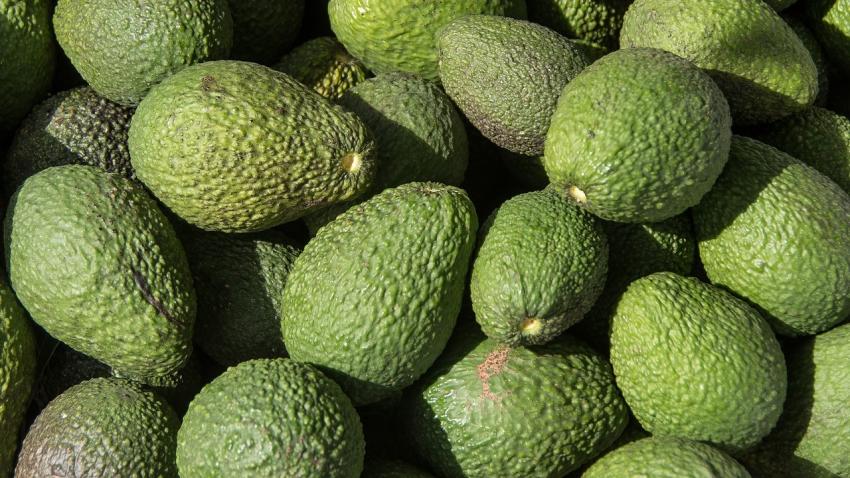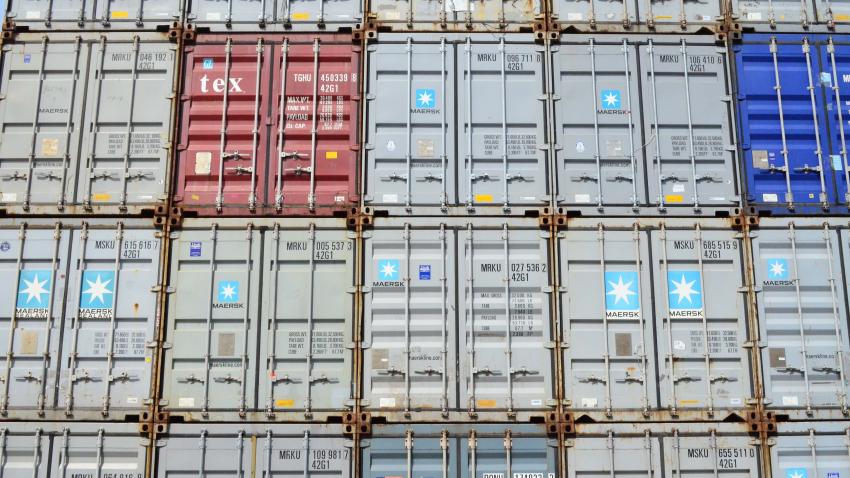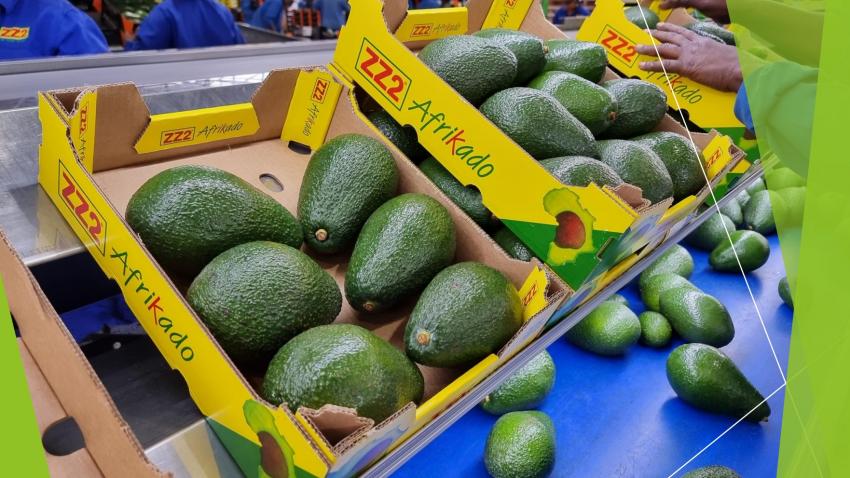You are here
Back to top“Transporting Water Around the World”: Camposol/Win-Chain Deal Aims To Increase Peruvian Produce Exports to China

At the recent Fresh 20 (F20) summit held in Hangzhou on May 11–12, Produce Report had the opportunity to interview José Antonio Gómez Bazán, CEO of Camposol Trading, regarding the company’s ambitions for the Chinese market. The summit was jointly hosted by Alibaba and Yiguo’s Win-Chain, bringing together leading companies in the global fresh food sector to discuss recent developments in the industry and establish a platform for sharing knowledge and coordinating resources.
Camposol is the largest agricultural company in Peru and a leading grower of avocados and blueberries. Camposol is a vertically integrated company that is responsible for all aspects of its operations from growing through to distribution, and it aims to supply fresh, healthy, and high-quality foods to consumers around the world.
The consumption of fresh fruit and vegetables in Chinese households is growing rapidly and China is becoming an increasingly important market for the world’s produce exporters. China currently accounts for 10% of Camposol’s total exports, a number that Mr. Gómez Bazán expects to reach 30% over the medium term. To support this goal, last year Camposol opened its first commercial office in Shanghai to strengthen its ties with China and other Asian markets. The range of Peruvian produce items permitted to enter China has been expanding over recent years and currently includes grapes, mangoes, citrus, asparagus, avocados, and blueberries, with additional food items such as shrimp expected soon.
As Mr. Gómez Bazán explained, China is leading the world in the adoption and development of new retail models such as e-commerce and online to offline (O2O), and understanding these models will be crucial to remain relevant in the global produce sector. Consequently, e-commerce will be a key component of the company’s future strategy in China. In particular, Mr. Gómez Bazán highlighted the importance of e-commerce data for maintaining an efficient operation with minimal waste, ultimately leading to lower cost for the end consumer.
At the summit, Camposol and Win-Chain signed an agreement to begin a strategic cooperation to bring more Peruvian products to China. As part of this deal, Win-Chain will become an important customer of Camposol in China, beginning in a few weeks with avocados and set to continue with blueberries when the season starts in July. Following earlier discussions with the senior management of Alibaba and Win-Chain, Mr. Gómez Bazán explained that this agreement will be beneficial for both parties, with Camposol’s consistent quality reducing variability and cost in Alibaba’s supply chain and improving consumer satisfaction. Meanwhile, Camposol will be able to use the resulting data to anticipate consumer trends and adjust its farming, packing, and supply procedures.
According to Mr. Gómez Bazán, Camposol’s considerable experience in the U.S. and European markets will prove useful in China. He explained that their business model to date has been heavily focused on supplying retailers, where the delivery of a consistent product on time and within defined parameters is essential for maintaining relationships with partners. In fact, just last year Camposol received Walmart’s “Supplier of the Year” award in the produce category. The company’s vertical integration has proved crucial here by permitting careful control throughout the supply chain, allowing Camposol to meet the requirements of its partners despite the geographical distance. Strong logistical control is especially important when attempting to supply retailers under Camposol’s just-in-time model, which is essential for avoiding large product inventories and associated wastage. Camposol now aims to bring the same benefits to the Chinese market by creating an efficient supply chain all the way from the farm to the consumer and linking this with the inherent efficiency of e-commerce, ultimately getting the produce to the consumer as quickly and cheaply as possible.
However, Mr. Gómez Bazán also stressed that it is important to recognize the differences in the requirements of the Chinese market and its consumers, such as in terms of product quality, size, and flavor. He also pointed out that logistics is an additional challenge and China’s warehousing, transport, and cold-chain systems are still developing, so companies must evaluate how to best preserve product quality and safety. For Camposol, a key part of this is choosing the appropriate partners willing to commit to maintaining the company’s core value proposition of consistency, reliability, food safety, trust, and social responsibility.
During the summit, the attendees discussed important issues in the industry, such as food safety, sustainability, and social responsibility, and the challenges faced in a growing market such as China. For Mr. Gómez Bazán, “Agriculture is about getting access to basic resources, like fresh water, clean soil, and stable weather. With that, we can create life.” Given that South America holds 30% of the available fresh water resources on the planet and only 5% of the population, he expects the continent to play an increasingly important role in supplying food to the world. Expanding on this idea, he stated, “Our business, the fruit and vegetable business, is about trading water. Water that is in the form of an apple, water that is the form of a cherry, water that is the form of a blueberry, but it’s trading water around the world. So I get water from where it is available and when the weather is nice and I move it to places where the water is not that available.” As such, he expects trade to continue and the industry to create new ways to move produce in an efficient and sustainable manner, closing the gap between resource availability and consumers: “Commerce is not an option – commerce is a need. If we want to eat, we need to do commerce. The fruit needs to travel.”
Image source: Yiguo















Add new comment